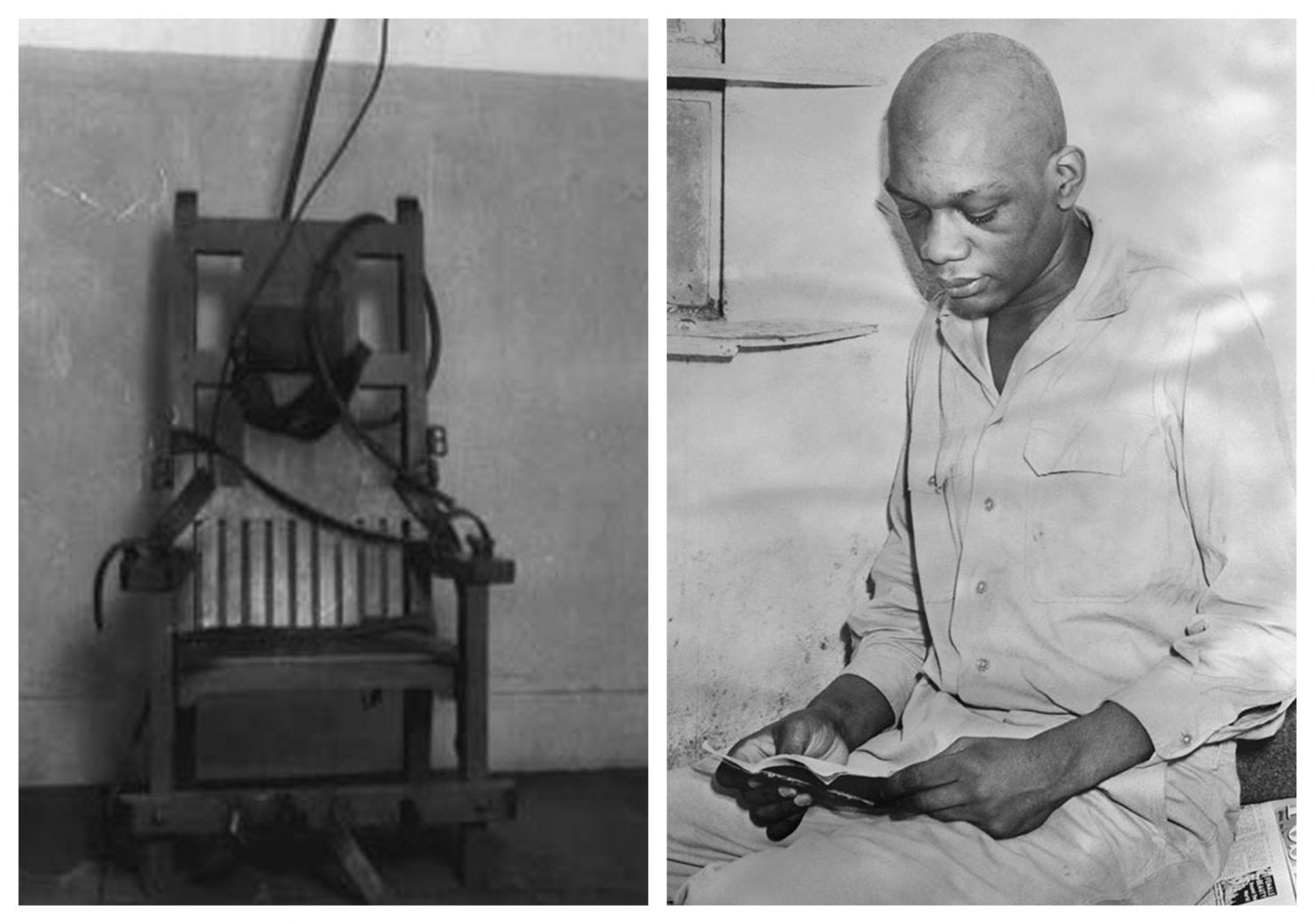
Who was Willie Francis? Willie Francis was a young African American man who became the center of a significant legal and moral controversy in the 1940s. Born in 1929, he was convicted of murder at just 16 years old. What makes his story particularly notable is the botched execution attempt in 1946, when the electric chair malfunctioned, sparing his life temporarily. This incident led to a heated debate about the death penalty and its ethical implications. Francis's case went all the way to the U.S. Supreme Court, which ultimately ruled against him. He was executed successfully in 1947, but his story remains a poignant chapter in American legal history.
Key Takeaways:
- Willie Francis's tragic story sheds light on the flaws in the justice system, highlighting issues of race, legal representation, and the ethical implications of the death penalty.
- Despite facing a botched execution and a legal battle, Willie Francis's legacy endures as a reminder of the need for fairness, justice, and humanity in the legal system.
Who Was Willie Francis?
Willie Francis is a name that resonates with a significant chapter in American history. His story is both tragic and thought-provoking, shedding light on the complexities of the justice system.
- Willie Francis was born on January 12, 1929, in St. Martinville, Louisiana.
- He was the son of a poor African-American family, growing up during the era of segregation.
- At the age of 15, he was accused of murdering Andrew Thomas, a local pharmacist.
- The evidence against him was largely circumstantial, with no direct witnesses to the crime.
- Despite his young age, he was tried as an adult in a court of law.
The Trial and Conviction
The trial of Willie Francis was a pivotal moment that highlighted the racial and legal challenges of the time. His conviction raised many questions about fairness and justice.
- Willie was arrested in Texas, where he was found with a wallet belonging to Andrew Thomas.
- He was quickly extradited to Louisiana to face charges.
- His trial lasted only two days, with a jury composed entirely of white men.
- The defense presented little evidence, and Willie was not given adequate legal representation.
- On May 3, 1946, he was convicted of murder and sentenced to death by electrocution.
The Botched Execution
One of the most shocking aspects of Willie Francis's story is the failed execution attempt, which brought national attention to his case.
- The first execution attempt took place on May 3, 1946, exactly one year after his conviction.
- The electric chair, known as "Gruesome Gertie," malfunctioned during the execution.
- Willie was jolted by the electric current but did not die.
- Witnesses reported hearing him scream, "I am not dying!"
- The botched execution led to a temporary stay of execution and a legal battle.
Legal Battle and Supreme Court Involvement
The failed execution sparked a legal battle that reached the highest court in the United States, raising important constitutional questions.
- Willie's case was taken up by a group of lawyers who argued that a second execution attempt would constitute cruel and unusual punishment.
- The case, known as Francis v. Resweber, was brought before the U.S. Supreme Court.
- The Supreme Court heard arguments on whether the second execution attempt violated the Eighth Amendment.
- In a 5-4 decision, the Court ruled that a second execution attempt was not unconstitutional.
- The ruling allowed Louisiana to proceed with a second execution attempt.
The Final Execution
Despite the legal battle, Willie Francis's fate was ultimately sealed, and he faced the electric chair once again.
- The second execution attempt was scheduled for May 9, 1947.
- Willie was only 18 years old at the time of his final execution.
- He spent his last days in solitary confinement, reflecting on his life and fate.
- On the day of the execution, he was calm and composed, accepting his fate.
- The second execution was carried out successfully, and Willie Francis was pronounced dead.
Legacy and Impact
Willie Francis's story left a lasting impact on the American legal system and continues to be a subject of discussion and reflection.
- His case highlighted the flaws and biases in the justice system, particularly regarding race and legal representation.
- The botched execution raised ethical questions about the death penalty and its implementation.
- Willie Francis became a symbol of the fight against cruel and unusual punishment.
- His story has been the subject of books, documentaries, and academic studies.
- The case contributed to ongoing debates about the morality and effectiveness of the death penalty.
Remembering Willie Francis
Willie Francis's life and death serve as a poignant reminder of the complexities of justice and the human cost of legal decisions.
- His grave is located in St. Martinville, Louisiana, where he was born and raised.
- Each year, people visit his grave to pay their respects and reflect on his story.
- Advocacy groups continue to use his case to push for reforms in the justice system.
- Willie Francis's story is taught in law schools as a case study on the death penalty and constitutional law.
- His legacy endures as a testament to the need for fairness, justice, and humanity in the legal system.
Final Glimpse at Willie Francis
Willie Francis' story remains one of the most compelling tales in American history. His life, marked by tragedy and controversy, sheds light on the flaws within the justice system. From his botched execution to the legal battles that followed, Willie’s case continues to spark debates about capital punishment and human rights. His resilience and the efforts of those who fought for him highlight the importance of justice and fairness. Though his life ended too soon, Willie Francis' legacy endures, reminding us of the need for compassion and reform. By understanding his story, we gain insight into the complexities of the legal system and the human spirit's strength. Willie Francis may be gone, but his impact on history and the ongoing fight for justice remains significant.
Frequently Asked Questions
Was this page helpful?
Our commitment to delivering trustworthy and engaging content is at the heart of what we do. Each fact on our site is contributed by real users like you, bringing a wealth of diverse insights and information. To ensure the highest standards of accuracy and reliability, our dedicated editors meticulously review each submission. This process guarantees that the facts we share are not only fascinating but also credible. Trust in our commitment to quality and authenticity as you explore and learn with us.


